Here's how to determine if it a minor or major problem.
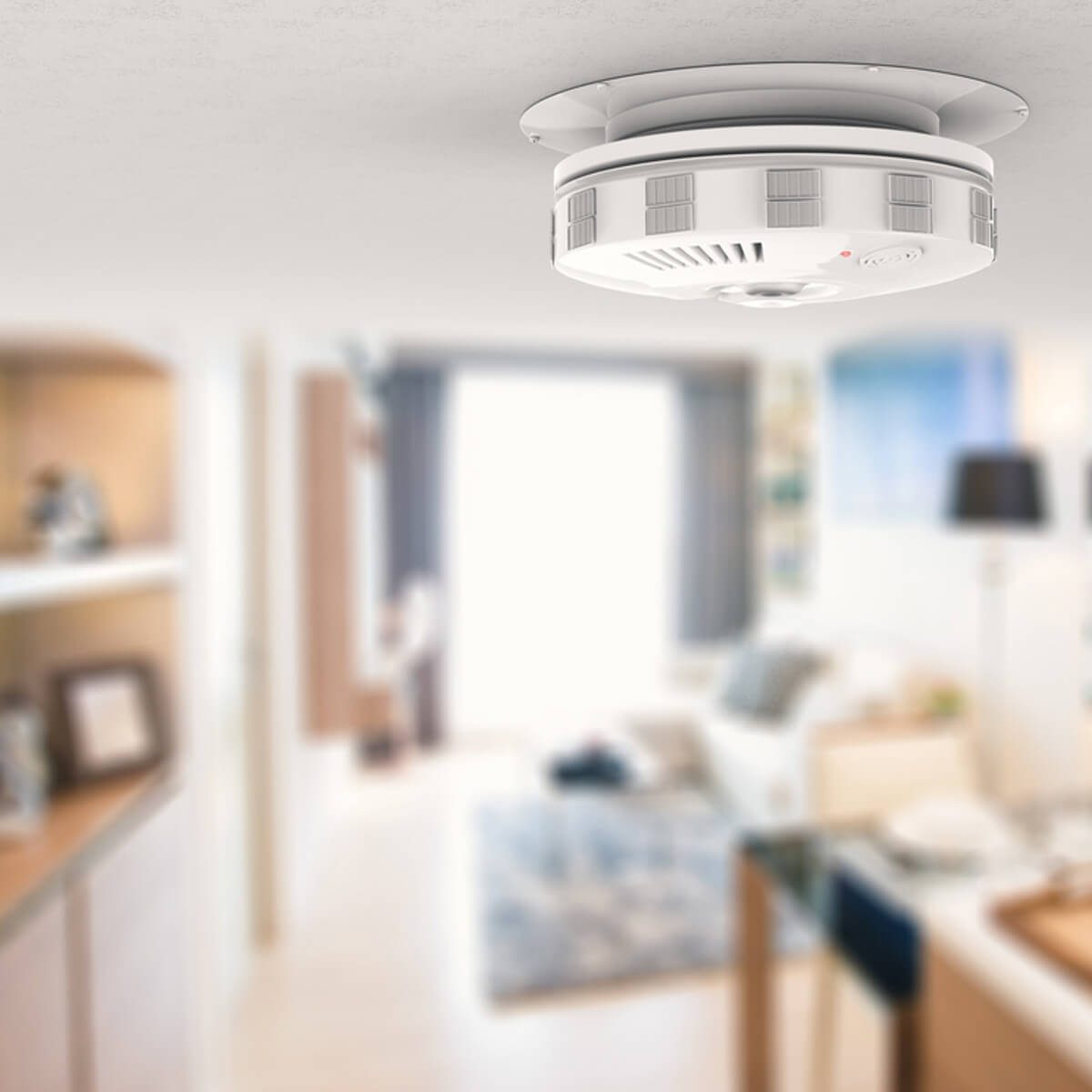
4 Common Furnace Smells and What to Do About Them

On This Page
Decoding Common Furnace Smells
If you have unusual odors emanating from your furnace, it might be trouble, or it might be nothing at all. Here are the four most common odors and what you should do about them.
Musty furnace smells
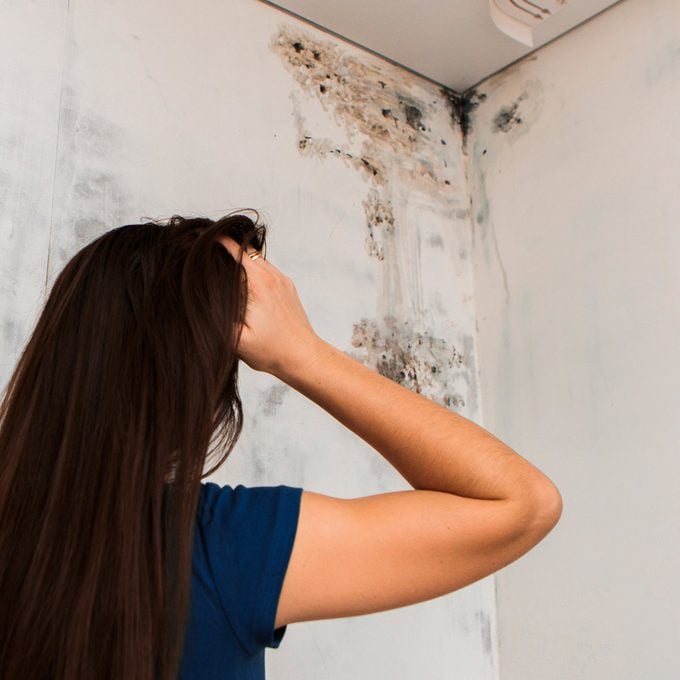
When you start up your furnace in the fall, you may notice that the furnace smells musty. Generally, it means you have some mold growing in your ductwork or on the air conditioning coil mounted above your furnace. Unfortunately, you’re going to have to bring in a furnace technician for an inspection and cleaning. If no mold is found on the A/C coil, it’s time to get your ducts cleaned because that’s where the mold is growing.
Furnace smells like rotten eggs or like a sewer
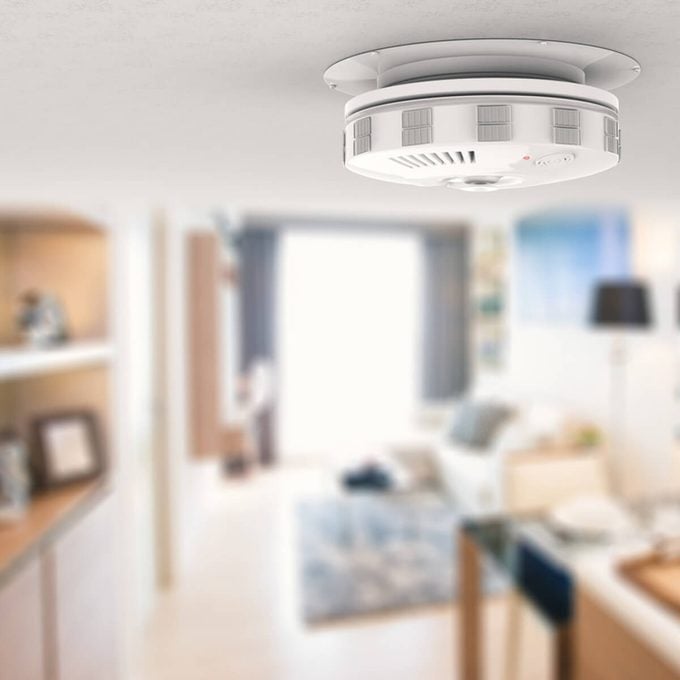
If you’re near your furnace and detect a smell that’s a bit on the sour side or that stings your nose, you have a pretty serious problem and should shut off your furnace and get it serviced pronto. The smell can indicate a failed heat exchanger, especially if you have a high-efficiency furnace. This is a serious problem because a bad heat exchanger can pump unsafe levels of dangerous carbon monoxide (CO) gas into your home.
Dusty smell
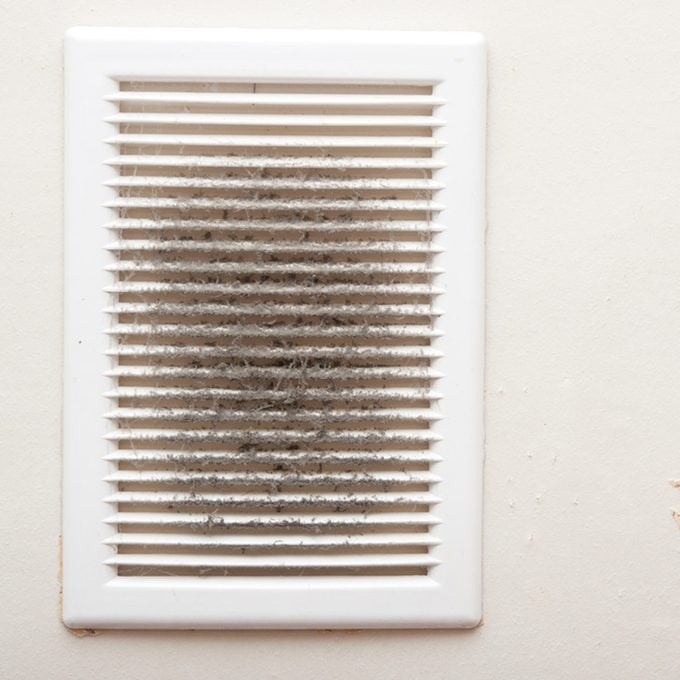
If you fire up your furnace at the beginning of the heating season and you smell dust, don’t sweat it. Dust has been accumulating all summer long on the inside of your furnace. The components that get hot, burn off the dust and create that funky smell. It won’t last long.
Furnace smells like burning plastic
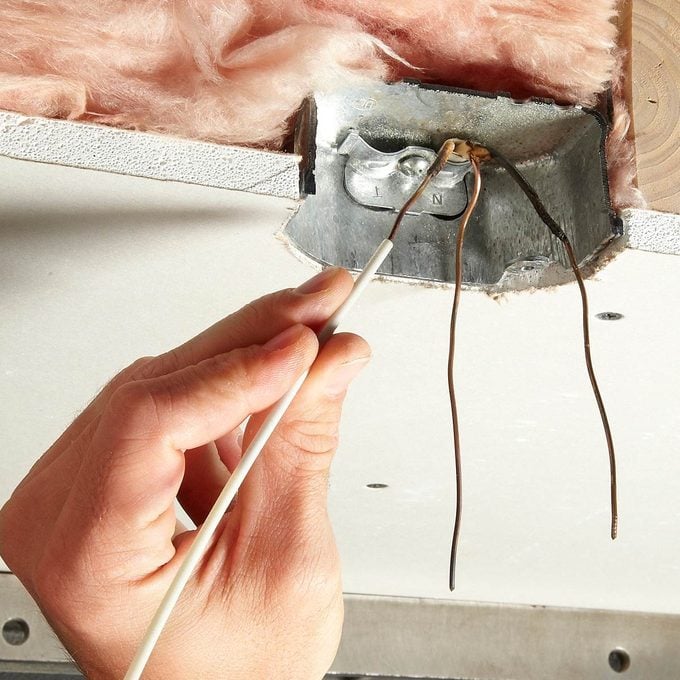
If your furnace smells like burning plastic, shut off the furnace and get a furnace technician out to service it immediately. That odor means electrical components and/or wires are getting scorched because of a short or some other malfunction. It could also mean a failing fan motor and that could mean you need a new furnace!
If you’re considering a furnace replacement, there are a couple things to know. You can expect a modern furnace to last 15 to 20 years. If you have expensive repairs to make toward the end of your furnace’s lifetime, it may be worth just retiring the furnace and replacing it. The rule of thumb is this: If a repair costs more than 20 percent of the cost of a new unit, you’re smart to replace it rather than fixing it. Upgrading your furnace can boost efficiency and cut utility costs.
Furnace Maintenance and Common Repairs
Whether you’re performing routine maintenance or tackling common issues, here are essential tips that will keep your furnace running efficiently.
-
- Signs Your Furnace Needs Repair
- Simple Fixes If Your Furnace Is Not Working
- What Is a Furnace Tune-Up?
- How DIY Furnace Maintenance Can Save a Repair Bill
- Why Is My Furnace Leaking Cold Water?
- Why Is My Furnace Blowing Cold Air?
- Boost Your Furnace Output With This Simple Trick
- Why Is the Furnace Drain Trap Full of Water?
- Why Did My Furnace Pilot Light Go Out and How Do I Relight It?
- How to Clean a Furnace Ignitor



















